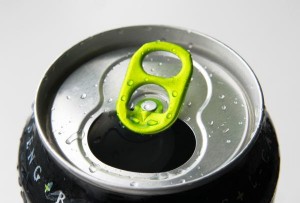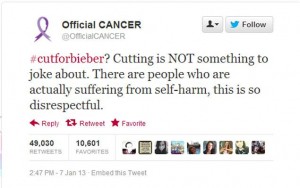 Photo courtesy of lasleepdr.com
Photo courtesy of lasleepdr.com
Snoring, I know I am guilty of it on occasion, but my dad on the other hand is a habitual snorer. His snoring reaches volumes that to me, are unbearable. Ok, maybe that is a bit of an exaggeration, but still it’s pretty bad. My mom always complains about my dad’s snoring, saying that is sometimes disrupts her sleep. So, I wondered is my dad’s sleep disrupted at all because because of his snoring? Snoring can present a problem to anyone, but it mostly occurs in males and people who are overweight. Snoring results “when the flow of air through the mouth and nose is physically obstruct.”(Derrer) Obstruction can occur due to: nasal air ways, poor muscle tone in the throat and tongue, bulky throat tissue, or a long uvula.
Although snoring may not seem like it presents any real risk (after all it is just noisy breathing), there are many health issues that may be present. One main disorder that can arise from snoring is a sleep apnea. Sleep apnea is the halting of ones breath during sleep. A sleep apnea does not just lead to the stop of breathing, but: waking from sleep, light sleep, strain on the heart, reduced sleep, low oxygen in blood, headaches, obesity, and fatigue (Derrer). It is clear that excessive snoring can lead to disrupted sleep and some serious health issues that some may not even realize are in result to snoring. It is understandable why some may overlook the symptoms of sleep apnea because they are common symptoms for other disorders that may present themselves more obvious than snoring.
There are treatments for snoring, this includes changes in sleep positions, breathing tools, or if the issue is really causing a hardship, surgery (Hoffstein, p.2). If your snoring has reached the point of sleep apnea some form of treatment must be taken to avoid the risk of it getting out of hand.
Works Cited
Derrer MD, David T. (2014) Snoring Causes and Health Risks Associated With Snoring. Retrieved from www.webmd.com
Hoffstein, Victor (n.d). Snoring and Sleep. Retrieved from sleep foundation.org
Mayo Clinic Staff (2012) Sleep apnea (def.) Retrieved from www.mayoclinic.org











